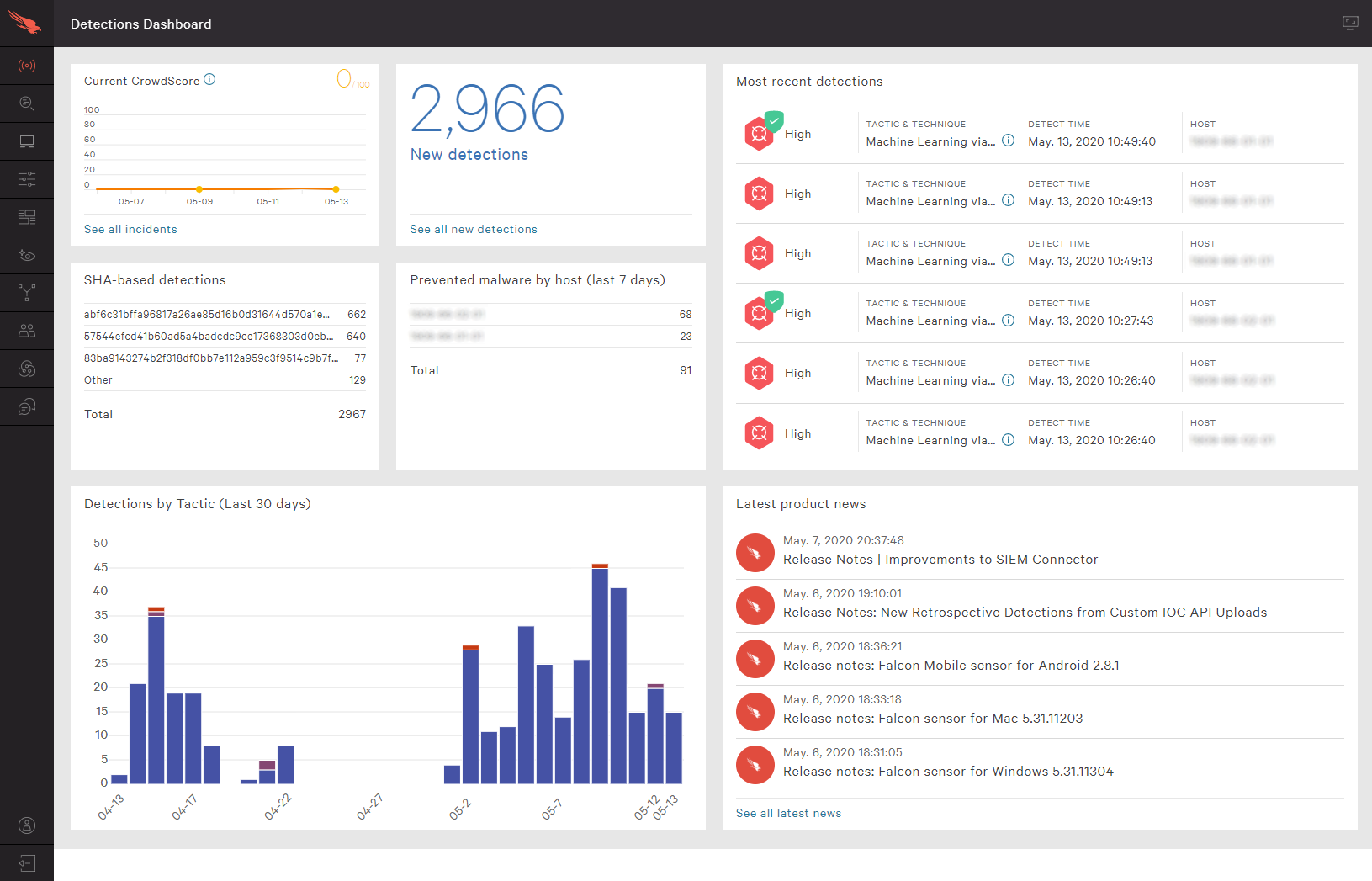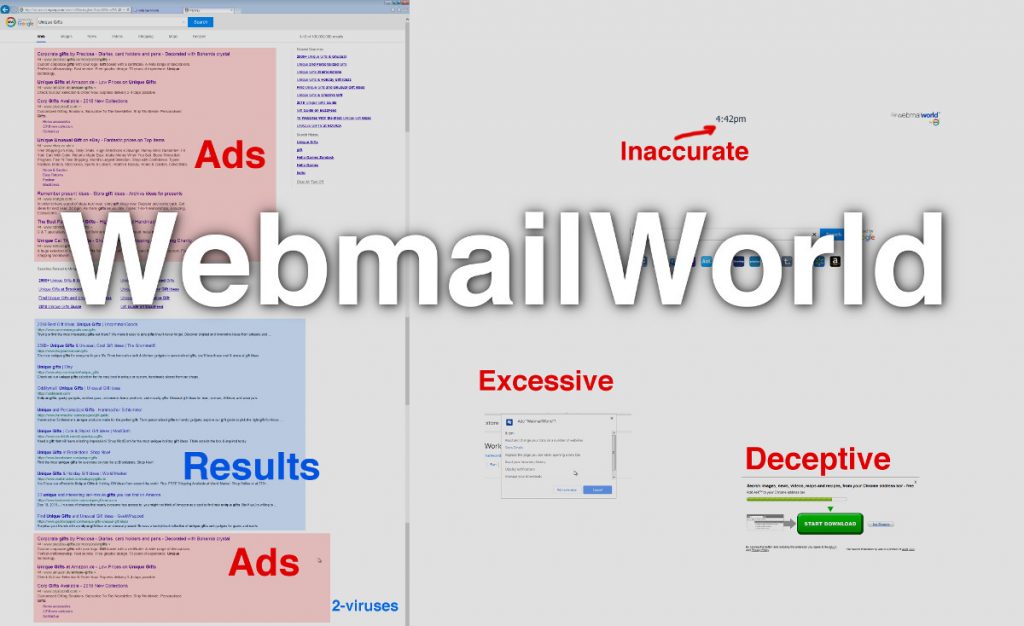

- #Macos used runonly to avoid detection software
- #Macos used runonly to avoid detection code
- #Macos used runonly to avoid detection windows

#Macos used runonly to avoid detection windows
Windows CE and Minix 3 are some examples of embedded operating systems.Ī real-time operating system is an operating system that guarantees to process events or data by a specific moment in time. They are very compact and extremely efficient by design and are able to operate with a limited amount of resources. They are designed to operate on small machines with less autonomy (e.g. EmbeddedĮmbedded operating systems are designed to be used in embedded computer systems.
#Macos used runonly to avoid detection software
Time-sharing operating systems schedule tasks for efficient use of the system and may also include accounting software for cost allocation of processor time, mass storage, printing, and other resources to multiple users.Ī distributed operating system manages a group of distinct, networked computers and makes them appear to be a single computer, as all computations are distributed (divided amongst the constituent computers). A multi-user operating system extends the basic concept of multi-tasking with facilities that identify processes and resources, such as disk space, belonging to multiple users, and the system permits multiple users to interact with the system at the same time. Single-user operating systems have no facilities to distinguish users but may allow multiple programs to run in tandem. 16-bit versions of Microsoft Windows used cooperative multi-tasking 32-bit versions of both Windows NT and Win9x used preemptive multi-tasking. Cooperative multitasking is achieved by relying on each process to provide time to the other processes in a defined manner. Unix-like operating systems, such as Linux-as well as non-Unix-like, such as AmigaOS-support preemptive multitasking. In preemptive multitasking, the operating system slices the CPU time and dedicates a slot to each of the programs. Multi-tasking may be characterized in preemptive and cooperative types. These processes are each interrupted repeatedly in time slices by a task-scheduling subsystem of the operating system. This is achieved by time-sharing, where the available processor time is divided between multiple processes. Types of operating systems Single-tasking and multi-taskingĪ single-tasking system can only run one program at a time, while a multi-tasking operating system allows more than one program to be running concurrently. 7 Diversity of operating systems and portability.6 Operating system development as a hobby.3.1 Unix and Unix-like operating systems.Some operating systems require installation or may come pre-installed with purchased computers ( OEM-installation), whereas others may run directly from media (i.e. Others may have higher system requirements.

Some operating systems have low system requirements (e.g. Security-focused operating systems also exist. Other specialized classes of operating systems (special-purpose operating systems), such as embedded and real-time systems, exist for many applications. Linux distributions are dominant in the server and supercomputing sectors. According to third quarter 2016 data, Android's share on smartphones is dominant with 87.5 percent with a growth rate of 10.3 percent per year, followed by Apple's iOS with 12.1 percent with per year decrease in market share of 5.2 percent, while other operating systems amount to just 0.3 percent. In the mobile sector (including smartphones and tablets), Android's share is up to 72% in the year 2020. is in second place (17.72%), and the varieties of Linux are collectively in third place (1.73%). The dominant general-purpose personal computer operating system is Microsoft Windows with a market share of around 76.45%. Operating systems are found on many devices that contain a computer – from cellular phones and video game consoles to web servers and supercomputers.
#Macos used runonly to avoid detection code
Time-sharing operating systems schedule tasks for efficient use of the system and may also include accounting software for cost allocation of processor time, mass storage, printing, and other resources.įor hardware functions such as input and output and memory allocation, the operating system acts as an intermediary between programs and the computer hardware, although the application code is usually executed directly by the hardware and frequently makes system calls to an OS function or is interrupted by it. An operating system ( OS) is system software that manages computer hardware, software resources, and provides common services for computer programs.


 0 kommentar(er)
0 kommentar(er)
